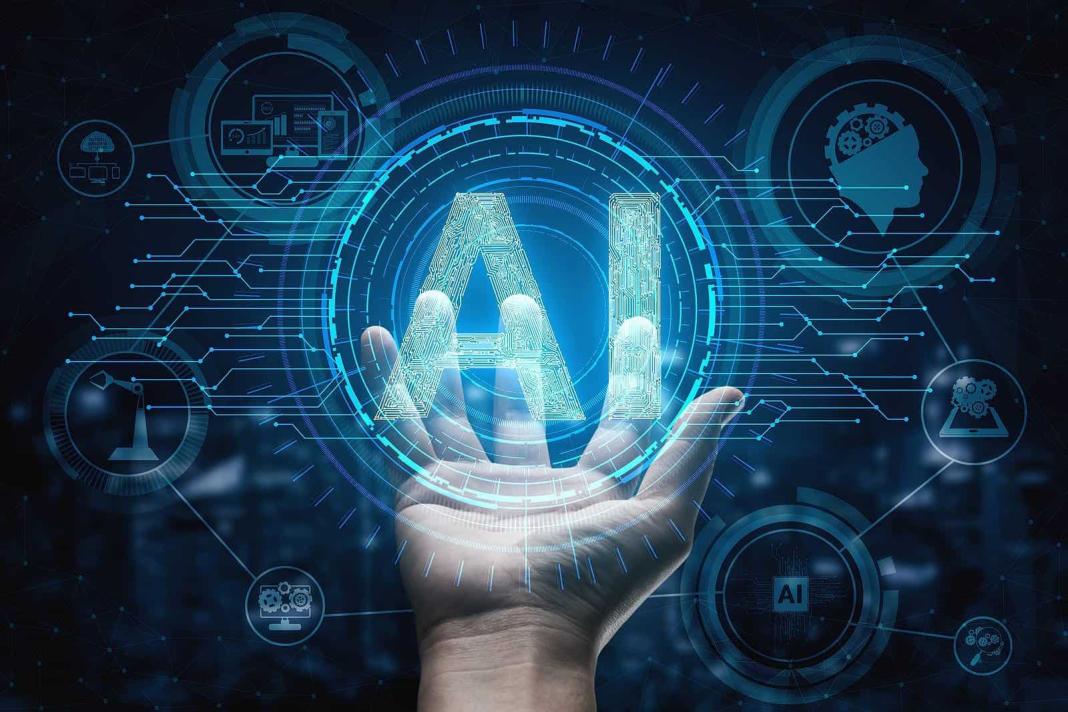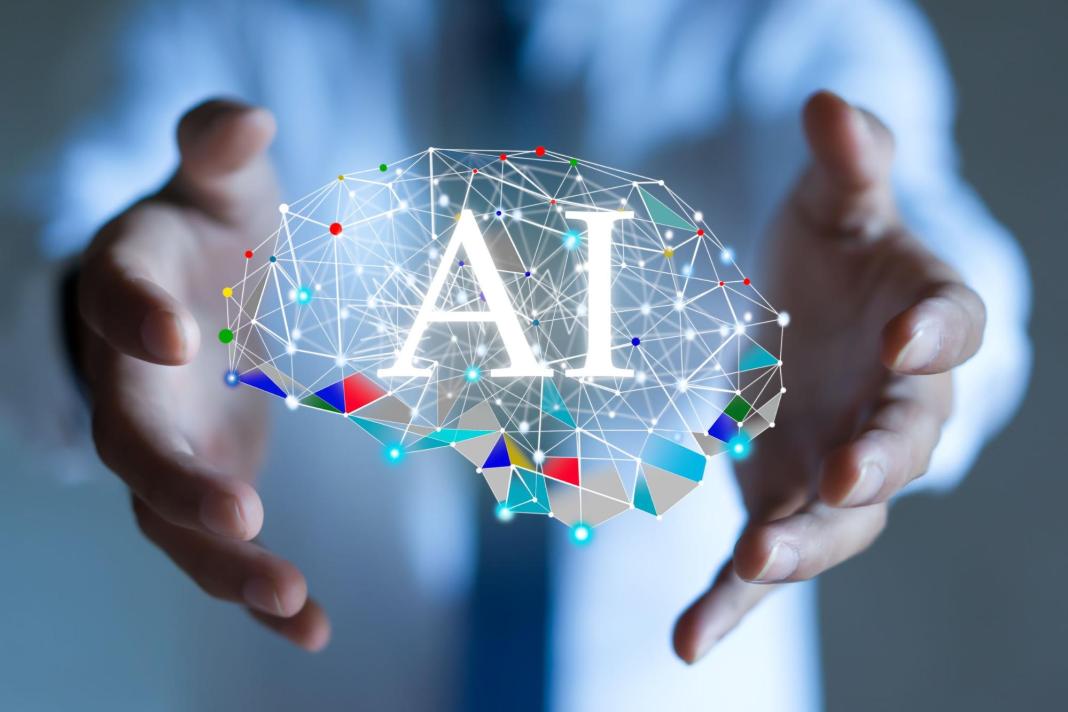Can Artificial Intelligence Ever Truly Understand Human Emotion?
Artificial intelligence (AI) has made remarkable strides in recent years, transforming industries and revolutionizing the way we live and work. However, one area where AI still faces significant challenges is understanding human emotion. Emotions are complex, subjective, and deeply ingrained in our human experience, posing a formidable barrier for AI systems to fully comprehend.

Current State of AI in Understanding Human Emotion
Despite the challenges, AI has made significant progress in recognizing and responding to human emotions. AI systems can now analyze facial expressions, vocal intonation, and body language to infer emotional states. Some AI systems have even demonstrated the ability to generate emotional responses that appear natural and empathetic.
- Emotion Recognition: AI systems can now recognize emotions with impressive accuracy, using computer vision and machine learning algorithms to analyze facial expressions, vocal cues, and body language.
- Emotion Generation: AI systems can generate emotional responses that appear natural and empathetic, leveraging deep learning techniques to learn from vast datasets of human emotional expressions.
- Emotion Regulation: AI systems are being developed to help regulate emotions, providing personalized feedback and support to individuals experiencing emotional distress.
However, despite these advancements, AI's understanding of human emotion remains limited.
Challenges in AI's Understanding of Human Emotion
The complexity and subjectivity of human emotions pose significant challenges for AI systems. Emotions are often ambiguous, context-dependent, and influenced by a multitude of factors, making it difficult for AI to accurately interpret and respond to them.
- Complexity of Emotions: Emotions are multifaceted and can be difficult to define and categorize, making it challenging for AI systems to accurately recognize and understand them.
- Subjectivity of Emotions: Emotions are subjective and vary across individuals, cultures, and situations, making it difficult for AI systems to generalize their understanding of emotions.
- Context-Dependence of Emotions: Emotions are often influenced by the context in which they occur, making it difficult for AI systems to interpret emotions without considering the surrounding circumstances.

Additionally, the lack of a unified theoretical framework for understanding emotions further complicates AI's ability to grasp their intricacies.
Potential Solutions and Future Directions
Researchers are exploring various approaches to improve AI's understanding of human emotion. These include:
- Multimodal Data: Using multiple modalities of data, such as facial expressions, vocal cues, and physiological signals, can provide a more comprehensive understanding of emotions.
- Machine Learning and Deep Learning: Machine learning and deep learning algorithms can be used to analyze large datasets of emotional expressions and learn patterns that help AI systems recognize and understand emotions.
- Integration of Psychological and Neuroscience Insights: Incorporating insights from psychology and neuroscience can help AI systems better understand the neural mechanisms underlying emotions and develop more effective strategies for recognizing and responding to them.
These approaches hold promise for advancing AI's emotional intelligence, but significant challenges remain.
Ethical and Societal Implications
As AI's understanding of human emotion continues to evolve, it raises important ethical and societal considerations.
- Manipulation and Exploitation: AI systems with the ability to understand and manipulate human emotions could potentially be used for malicious purposes, such as targeted advertising, political propaganda, or social engineering attacks.
- Emotional Labor: AI systems could potentially take on tasks that involve emotional labor, such as customer service or healthcare, raising questions about the impact on human workers and the nature of human-AI collaboration.
- Emotional Well-being: AI systems could potentially be used to monitor and regulate human emotions, raising concerns about privacy, autonomy, and the potential for emotional manipulation.
Addressing these ethical and societal implications is crucial as AI's role in understanding and influencing human emotions continues to grow.
Conclusion
The question of whether AI can ever truly understand human emotion remains open. While AI has made significant strides in recognizing and responding to emotions, the complexity and subjectivity of human emotions pose significant challenges. Researchers are exploring various approaches to improve AI's emotional intelligence, but ethical and societal considerations must also be carefully addressed. As AI's capabilities continue to evolve, it is essential to foster a balanced and responsible approach to the development and deployment of AI systems that interact with human emotions.
YesNo

Leave a Reply